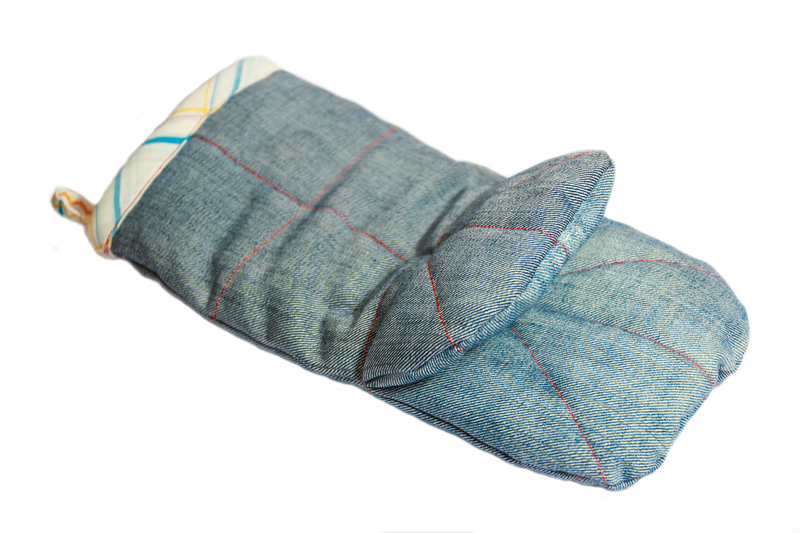Hard Rubbish: A Simple Guide to Disposal
Every household accumulates items over time that need special attention to dispose of properly. Hard rubbish disposal is an essential service that helps keep our communities clean and environmentally friendly. In this comprehensive guide, we'll delve into everything you need to know about effectively getting rid of your unwanted items.
Understanding Hard Rubbish
The term "hard rubbish" refers to bulky waste items that are too large for regular garbage collection. These can include furniture, old appliances, and garden waste, among others. Proper disposal of these items is crucial to minimize environmental damage and ensure the safety of your community.
Common Types of Hard Rubbish
- Furniture: Sofas, mattresses, tables, and chairs.
- Appliances: Refrigerators, washing machines, ovens.
- Electronics: TVs, computers, and stereos.
- Miscellaneous: Carpets, garden waste, and toys.
The lifecycle of these items eventually reaches a point where they need to be responsibly disposed of, freeing up space and reducing clutter.

The Importance of Proper Disposal
Proper disposal of hard rubbish is not just about tidiness; it's about sustainability and protecting the environment.
Environmental Impact
Items sent to landfill contribute to greenhouse gas emissions and pollute land and water sources. Recycling or appropriately disposing of hard waste helps to lessen these impacts.
Community Safety
Piles of unattended rubbish can pose safety hazards and attract pests. Ensuring these items are removed promptly supports a healthier and safer community environment.
How to Dispose of Hard Rubbish Responsibly
Understanding your local regulations and services can streamline hard rubbish disposal, allowing you to manage waste effectively.
Check Local Council Services
Most areas have designated collection days where local authorities will pick up large waste items. Check your local council's website for specific guidelines and schedules. Services often have restrictions on quantity and type, so it's important to organize your items accordingly.
Private Disposal Services
If your local council does not offer adequate services or you miss the collection day, consider hiring a private disposal service. Many companies offer door-to-door collection for a fee, including environmentally friendly disposal options.
Embrace Recycling
Before throwing away any item, evaluate whether it could be recycled or repurposed. Many charities and second-hand stores accept furniture and working appliances. Additionally, local recycling centers can manage electronics and metal waste.
Preparing Your Hard Rubbish
Proper preparation of items ensures they are handled safely and efficiently.
Sort Your Items
Divide your hard rubbish into categories: recyclable, reusable, and non-recyclable. This will help you determine the best disposal method for each item.
Disassemble Large Items
Where possible, break down furniture and bulky items. This not only makes transportation easier but also maximizes space during collection.
Ensure Safety
Take precautions to ensure safety by removing hazardous components such as broken glass or sharp objects. Secure any moving parts and label any items that may pose a risk.
Innovative and Sustainable Hard Rubbish Solutions
As awareness grows around sustainable living, innovative strategies for managing hard waste have emerged.
Upcycling and Repurposing
Upcycling involves transforming unwanted items into something new and useful. Be creative and see potential in your hard rubbish before deciding to dispose of it.
Community Initiatives
Join local community swaps or giveaways. These events encourage residents to share items they no longer need, fostering a culture of recycling and reuse, and reducing environmental impact.
Educating Others
Raise awareness about the benefits of responsible waste management. Engage with your community to highlight the significance of proper hard waste disposal and promote sustainable practices.

The Financial Aspect of Hard Rubbish Disposal
Reducing waste can also reduce expenses. Minimizing the frequency and volume of hard rubbish disposal means potentially lower costs associated with private services or council fees.
Budget Friendly Disposal
Effectively sorting and utilizing free services wherever possible can keep disposal within budget. However, it's essential to ensure compliance with local regulations to avoid fines.
Conclusion
Proper hard rubbish disposal is critical for environmental health, community safety, and sustainable living. By leveraging local resources, recycling options, and sustainable practices, individuals can manage their waste responsibly, promoting a cleaner and greener future. Remember, every small effort contributes significantly to the overall health of our planet.
Implement these strategies today and become a part of the solution for effective hard rubbish management.


